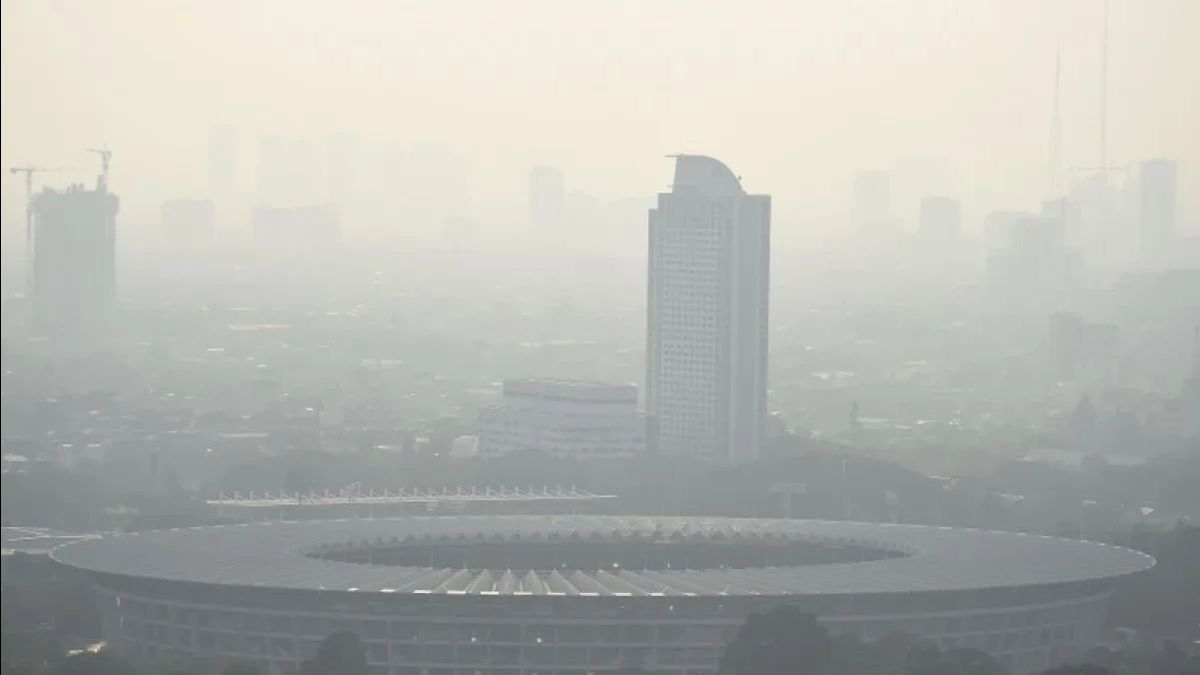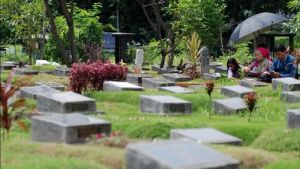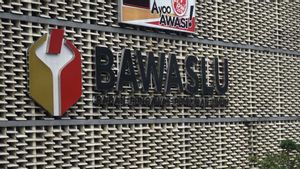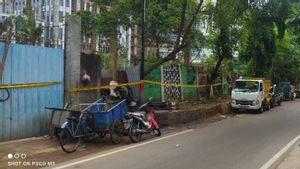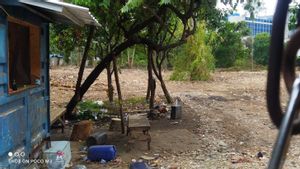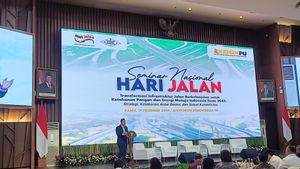JAKARTA - Air quality in Jakarta is not healthy for sensitive groups on Sunday, March 10 this morning. This condition deposits the air in Jakarta to the top 10 as the city with the worst air quality in the world Based on data from the IQAir air quality monitoring site at 06.30 WIB, the air quality index (AQI) in Jakarta is in 10th place with 155 or is included in the unhealthy category with PM2.5 air pollution and a concentration value of 62.8 micrograms per cubic meter. This figure has an explanation of the level of air quality is unhealthy for groups sensitive to humans or groups of animals that are sensitive or can cause damage to plants or aesthetic values. While the category is good, namely the level of air quality that does not have an effect on human or animal health and has no effect on plants, buildings or aesthetic values with a PM2.5 range of 0-50.
Then, the medium category, namely its air quality that does not affect human or animal health but affects plants that are sensitive and aesthetic value with a PM2.5 range of 51-100. Then, the category is very unhealthy with a PM2.5 range of 200-299 or its air quality can be detrimental to health in a number of segments of exposed populations.
Lastly, dangerous (300-500) or in general its air quality can harm people's serious health in the population.
SEE ALSO:
Previously, the Acting Governor of DKI Jakarta, Heru Budi Hartono, said that his party was still intensifying the installation of high-pressure generators to spray water mist generators into the air despite the rainy season. "Yes, still (the water mist installation), there will be no changes in the handling of pollution, next year there will still be repeated summers," said Heru at the City Hall of DKI, Central Jakarta, Thursday, November 23, confiscated by Antara. Installation of the "water mass generator" is one of the efforts of the DKI Jakarta Provincial Government (Pemprov) to suppress air pollution. According to Heru, the installation should continue to be added as preparation for the dry season in the future. "It's still the next year there will still be a repeat of summer. Instead, I ask for this opportunity the 'water mass' to be added so that later during the dry season (here) next season it will be (many)," he said.
Therefore, he said, every tall building must have a "water mass generator".
Spokesperson for the DKI Jakarta Provincial Air Pollution Control Task Force (PPU Task Force) Ani Ruspitawati said, until November 17, 2023, the number of "water mass generators" installed was 177 units in 143 government and private buildings.
The scope of this task force includes compiling Standard Operating Procedures (SOPs) for handling air pollution in DKI Jakarta Province and controlling air pollution from industrial activities.
In addition, periodically monitor air quality conditions and health impacts from air pollution. Then, carry out the prevention of polluting sources, both from moving sources and immovable sources, including sources of disruption and emergency response.
Then implement mandatory motor vehicle emission tests, rejuvenate public transportation and develop environmentally friendly transportation for public transportation and the government. Furthermore, increasing open space, green buildings and activating tree planting movements and increasing the role of the community in improving air quality.
Furthermore, carry out supervision of licensing compliance which has an impact on air pollution and prosecution of air pollution violations.
The English, Chinese, Japanese, Arabic, and French versions are automatically generated by the AI. So there may still be inaccuracies in translating, please always see Indonesian as our main language. (system supported by DigitalSiber.id)
